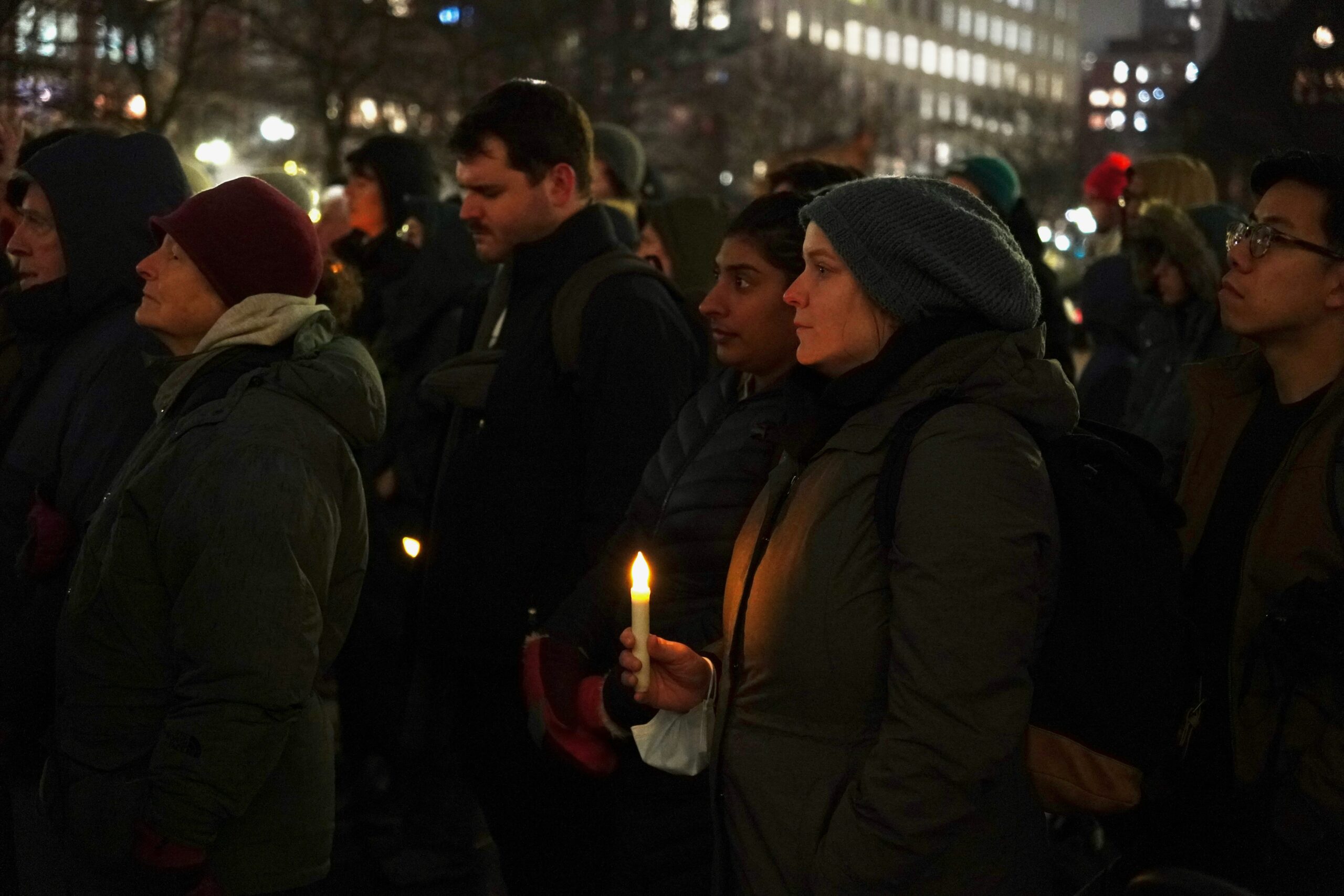
Interfaith travel, an enriching journey across various religious landscapes, offers a unique opportunity to engage deeply with the world’s diverse spiritual traditions, broadening personal horizons and fostering a profound understanding and respect among different faith communities. By participating in such travels, individuals can experience firsthand the rich cultural heritages and spiritual practices that vary from one religion to another. This article delves into the transformative potential of interfaith travel, exploring its significant impact on personal growth, spiritual enlightenment, and the promotion of communal harmony. It highlights how these journeys educate and contribute to building bridges between diverse religious groups, thus enhancing global peace and understanding.
Discovering Common Ground Through Sacred Sites
A core aspect of interfaith travel involves visiting sacred sites with significant historical and spiritual importance across various religions. From the ancient, bustling streets of Jerusalem, a city holy to Jews, Christians, and Muslims alike, to the serene, spiritual landscapes of India, adorned with Hindu temples and Buddhist monasteries, these journeys offer travelers a unique opportunity to witness the common values and shared human experiences that underpin the world’s diverse faiths. By experiencing these sacred sites firsthand, travelers gain deep spiritual insights and a heightened appreciation for the complexities and beauty inherent in other religions. This, in turn, encourages dialogue based on mutual respect and understanding, which are essential components in fostering peaceful coexistence and global harmony. Furthermore, interfaith travel promotes cultural exchange and personal growth, making it a profound educational experience that contributes significantly to one’s life journey and worldview expansion.
Learning Through Interfaith Dialogues and Workshops
Interfaith travels frequently encompass organized dialogues and workshops where travelers from diverse religious backgrounds gather to discuss their beliefs, traditions, and practices openly. These forums are invaluable for dispelling myths and misconceptions by offering accurate information and firsthand accounts, promoting a more nuanced and comprehensive understanding of each faith represented. Participating in these discussions challenges preconceived notions and significantly broadens one’s perspective, marking it as an essential component of the interfaith travel experience. Moreover, the stories shared and friendships forged during these dialogues often lead to lasting impacts, influencing participants long after their journey ends. This extended engagement encourages continuous learning and reflection, fostering a global community that appreciates and celebrates religious diversity, thereby contributing to a more inclusive and understanding world.
The Role of Cultural Immersion
Beyond religious sites and dialogues, interfaith travel also involves immersing oneself in the daily life and culture of the host community. This might include participating in local religious festivals, experiencing traditional foods, and engaging in community service projects alongside residents.
Such immersive experiences help travelers see beyond the surface of religious practices to the underlying ethos that guides them. This more profound cultural exchange reinforces the shared values across religions, such as compassion, kindness, and the pursuit of justice.
Personal Growth and Transformation
Travelers often return from interfaith journeys with a profoundly transformed outlook on life and spirituality. The exposure to diverse belief systems and the opportunity to engage in global reflection on one’s faith can catalyze profound personal transformation. These experiences encourage personal growth by challenging individuals to think critically about their own beliefs and the broader role of religion in shaping ethical and moral decisions. Moreover, such journeys foster a greater appreciation for the interconnectedness of humanity through the lens of various spiritual traditions. This enhanced understanding can lead to a more empathetic worldview and motivate travelers to incorporate these insights into their daily lives, promoting a culture of tolerance and mutual respect.
Building Bridges Through Faith
Interfaith travels educate, enlighten, and play a crucial role in building bridges between diverse communities. By promoting understanding and respect, these journeys contribute significantly to crafting a more inclusive world where differences in belief are celebrated rather than feared. This form of travel advocates for a vision where faith serves as a conduit for peace and understanding, illustrating that despite our diverse beliefs, there is substantial common ground and shared aspirations for a better, more harmonious world. Through engaging with various religious cultures and participating in meaningful dialogues, travelers develop a deeper appreciation for the complexities and richness of other faiths, fostering a sense of global citizenship and mutual respect. These experiences challenge individuals to rethink preconceived notions about religions and highlight the potential for collective action toward peace and sustainability.